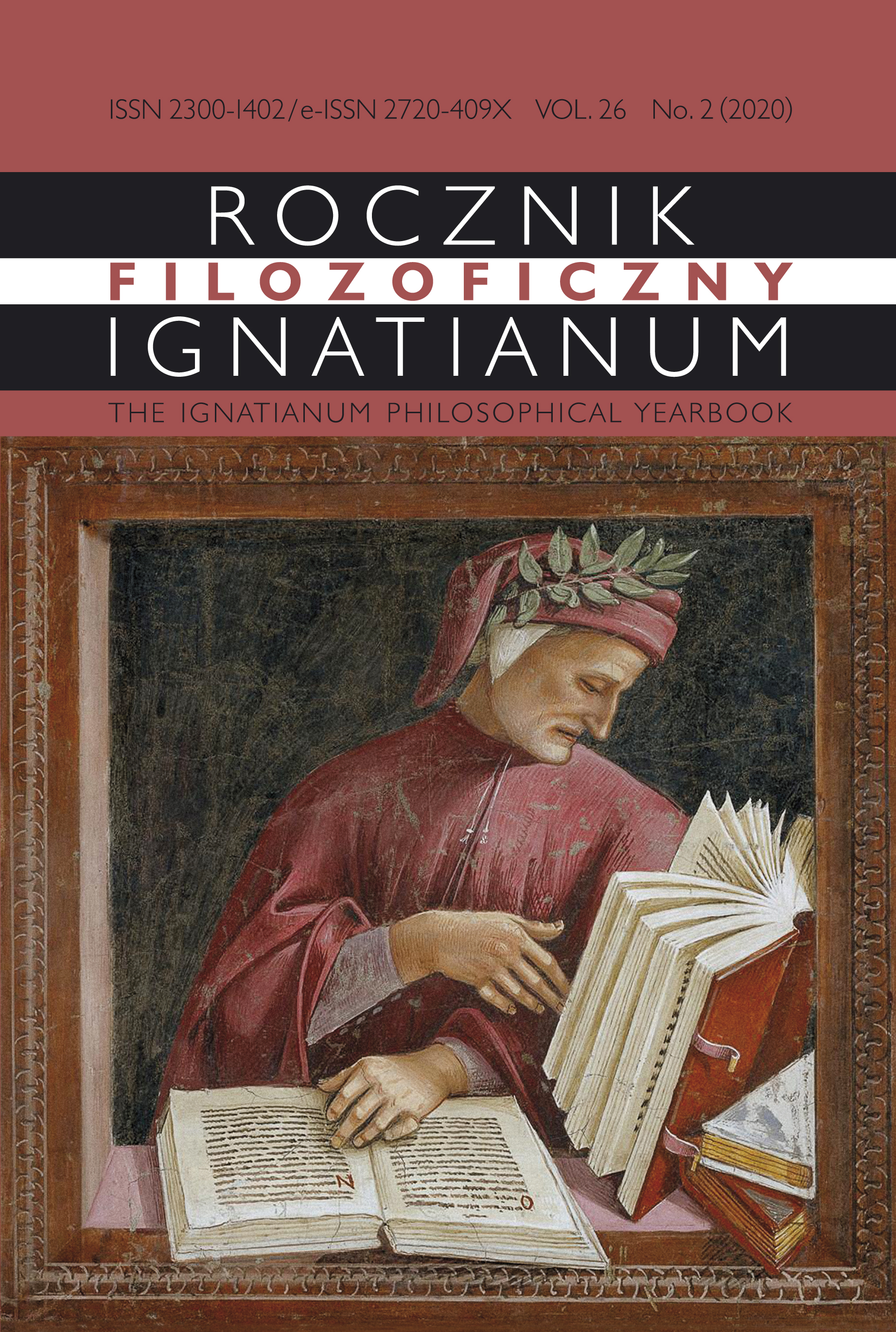Podziw i spór
Herbert a rzymski stoicyzm
Abstrakt
Podstawowym celem artykułu jest dotarcie do specyfiki twórczości Zbigniewa Herberta, poety, który mógł się wykazać formalnym wykształceniem filozoficznym i nie można traktować go jedynie jako pisarza poruszającego kwestie egzystencjalne. Konsekwencją studiów filozoficznych u najwybitniejszych ówczesnych polskich filozofów (Roman Ingarden, Henryk Elzenberg) było podejmowanie istotnych pytań filozoficznych, a nie użytkowanie odpowiedzi, jakie dawali filozofowie w dziejach tej dyscypliny. Jest to ważna cecha twórczości i odróżnia Herberta od tych pisarzy, którzy wpisują się w światopogląd swojej epoki (co jest zjawiskiem najczęstszym). Brak rozróżnienia tych dwóch postaw pisarskich doprowadził do jednostronnych odczytań wiersza Do Marka Aurelego. Przytoczone w artykule interpretacje z ostatnich sześćdziesięciu lat (Kazimierz Wyka, Karl Dedecius, Jacek Brzozowski, Julian Kornhauser, Adam Workowski, Piotr Michałowski, Piotr Urbański) prowadziły do konstatacji, że mamy do czynienia z rodzajem „współczesnego”, to znaczy zmodyfikowanego „stoicyzmu”. Późniejsi badacze (Przemysław Czapliński, Piotr Śliwiński, Andrzej Franaszek) interpretowali utwór (i postawę poety) jako egzystencjalną. Porównanie wiersza z dziełem Marka Aureliusza, a przede wszystkim analiza różnic między starożytnym (konkretnie: stoickim) a współczesnym rozumieniem takich pojęć jak „natura”, „los”, „ja” (tożsamość) czy „cierpienie”, pozwoliły na ukazanie wewnętrznego intelektualno-emocjonalnego napięcia w wierszu Herberta (i innych wierszach poety nawiązujących do stoicyzmu), a przede wszystkim na generalną ideę poezji filozofującej. Sam poeta uważał, że „przypomina [ona] refleksję pierwotną, jak na przykład wczesnych myślicieli jońskich”. Mowa więc nie o filozofowaniu w oparciu o rozbudowany aparat pojęciowy, ale o intuicji filozoficznej i „przeżyciu filozoficznym” – napięciu intelektualno-emocjonalnym, w którym – dzięki poetyckiemu talentowi – rodzi się piękno. Dialog, jakim jest wiersz Do Marka Aurelego, stanowi właśnie zapis takiego poetyckiego poruszenia.
Copyright (c) 2020 Akademia Ignatianum w Krakowie

Utwór dostępny jest na licencji Creative Commons Uznanie autorstwa – Bez utworów zależnych 4.0 Międzynarodowe.
Rocznik przyjmuje do druku wyłącznie materiały, które nie wchodzą w żaden konflikt interesów, żaden konflikt z prawem autorskim itp. Redakcja prowadzi działania przeciw: plagiatom, ghostwriting1, guest/honorary authorship2 itp. Autor pracy zbiorowej, który jest pierwszy na liście, bierze na siebie odpowiedzialność i ma obowiązek przedstawić wkład wszystkich współautorów. Jeśli publikacja powstała dzięki dedykowanym środkom finansowym, należy ujawnić to np. w Podziękowaniu, przypisie itp. Ew. przedruki wymagają jawnego zgłoszenia i okazania odpowiedniego pozwolenia wydawniczego. Autorzy / Recenzenci nierzetelni narażają się na reakcję właściwą stosownym instytucjom.
______
1 Ma to miejsce, gdy osoba mająca istotny wkład jest pominięta na liście Autorów czy w Podziękowaniu.
2 Zachodzi, gdy na liście autorskiej pojawia się osoba mająca znikomy/żaden udział w pracy.





